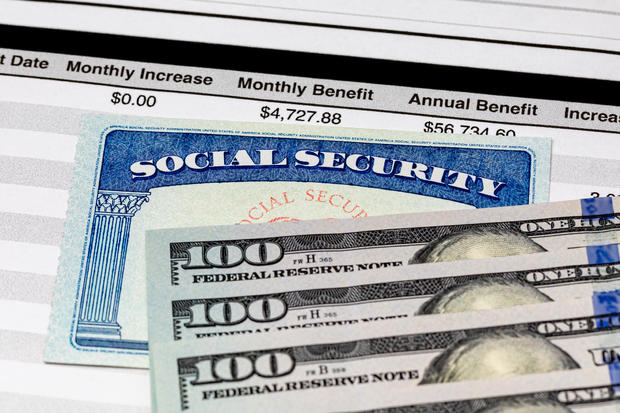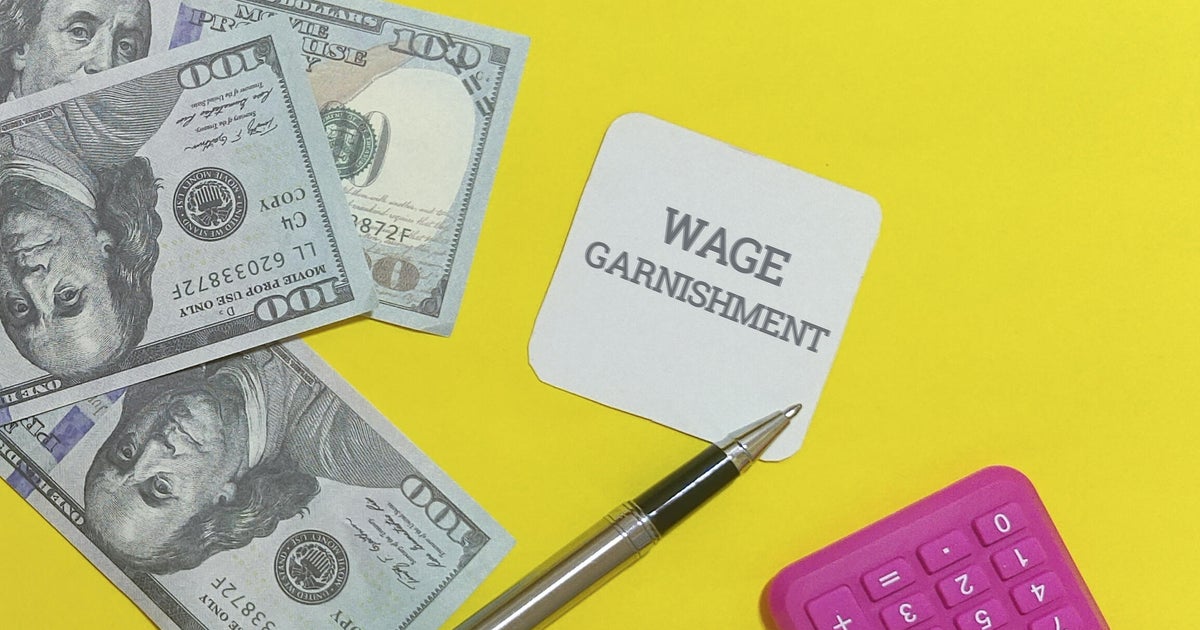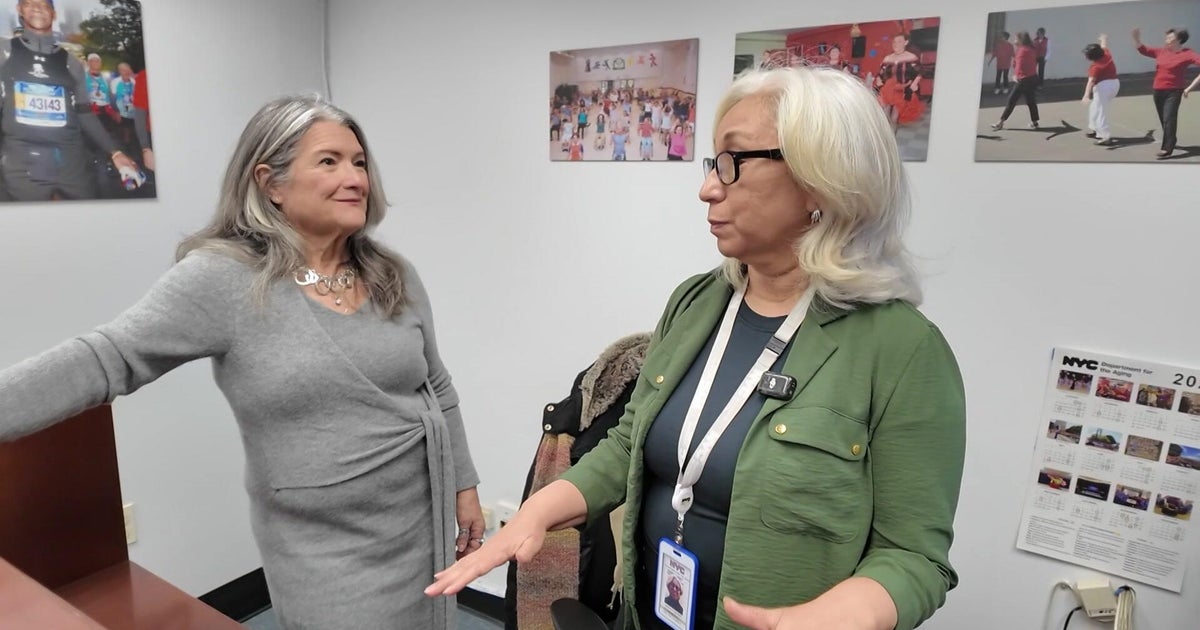Social Security COLA not enough? How to get more cash now
Millions of Social Security beneficiaries woke up to welcome news on Oct. 13: Their Social Security checks are going to be significantly bigger next year.
Specifically, the Social Security Administration announced an 8.7% cost of living adjustment (COLA) for 2023 - the largest annual boost to their monthly check since 1981. That means the average benefit check will rise more than $140 to $1,827 a month, compared with the current typical monthly payment of $1,681.
"Medicare premiums are going down and Social Security benefits are going up in 2023, which will give seniors more peace of mind and breathing room. This year's substantial Social Security cost-of-living adjustment is the first time in over a decade that Medicare premiums are not rising and shows that we can provide more support to older Americans who count on the benefits they have earned," Kilolo Kijakazi, acting commissioner of the Social Security Administration, said in a news release.
Still, with inflation remaining stubbornly high (core inflation rose 6.6% over the past 12 months), beneficiaries may be looking for additional ways to improve their cash flow and make ends meet. Fortunately, there are some simple alternatives to pursue now.
How Social Security beneficiaries can get more cash now
Here are five reliable ways to get more cash now.
Reverse mortgage
This may be the best bet for Social Security beneficiaries, as this option is only available for homeowners 62 and older. This applies to owners who have paid off all or most of their home loans. Owners can generally get somewhere between 40% to 60% of their home's appraised value (so, potentially hundreds of thousands of dollars).
Unlike a traditional mortgage, you don't make payments on a reverse mortgage. Instead, the mortgage lender pays you. This can be via monthly payments, a lump sum or even a line of credit.
Speak to a reverse mortgage expert today who can help you determine if this works for you.
Cash-out refinance
This works similarly to a reverse mortgage but is not limited by age.
Homeowners simply take out a new home loan in an amount larger than what they currently owe on their home. They then use the new loan to pay off the old one and pocket the difference in cash. Depending on what they still owe on their home - and what they decide the new loan amount should be - they can potentially obtain significant sums of money. That can be used to pay bills, home repairs or anything else.
Speak to a mortgage refinance professional now to further explore this option.
Mortgage refinance
Traditional mortgage refinancing may not provide the quick lump sum of cash that a reverse mortgage or cash-out refinancing can. But it can still put money back in your pocket by potentially reducing your monthly mortgage payments.
Home mortgage rates have increased in recent months but there are still some homeowners who would benefit from refinancing, particularly those who had an initial mortgage loan with a high interest rate.
Even if you can get just a half point lower in your mortgage rate it may be worth doing.
Talk to a mortgage refinance expert who can help guide you or use the calculator below to crunch the savings.
Personal loans
Personal loans are quick and easy to get - and you'll pay a lot less interest than you would for some other forms of credit. According to the Federal Reserve Bank of St. Louis, the average rate on a two-year personal loan currently sits at 8.73%. Compare that to the average rate on a commercial credit card which was recently over 15%.
Personal loans come in all shapes and sizes and can be used as you see fit. Work with a personal loan expert who can help determine if this makes sense for you.
Cash-out life insurance
Depending on the life insurance type you have you may also be able to cash out your policy. Whole life insurance is a form of permanent life insurance (as is universal and variable life). Permanent life insurance policies will allow you to access the cash portion of your account while you're alive. You just need to have a decent amount already saved to then access.
A life insurance expert can help you.
Other cash alternatives
The above list is not exhaustive. Seniors looking for other ways to get cash in addition to their Social Security checks have other options:
- Debt consolidation loans can help pay down debt at a reasonable rate. By consolidating your debts into one loan with a lower interest rate you can start saving money immediately. But you'll also save significant sums over the long haul as the loan will be adjusted into a more manageable sum. This is especially helpful for those with high-interest credit cards. Check the rates you currently have. Then compare the rates to a debt consolidation loan. It's easy to get started today.
- And, if you're open to some side work, consider a passive-income stream or even get paid to take surveys online.




